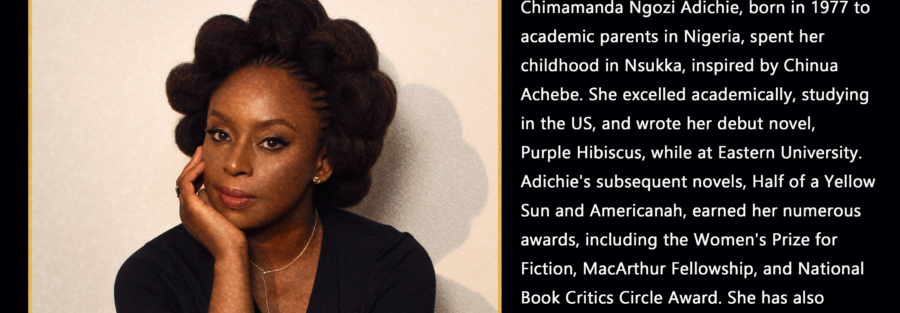
Chimamanda Ngozi Adichie was born in 1977 into an Igbo family to Grace Ifeoma and James Nwoye Adichie, both esteemed academics. Her father, a professor of statistics, later became the Vice-Chancellor of the University of Nigeria, while her mother worked as a registrar. Adichie spent her childhood in Nsukka, in the same house previously occupied by the renowned Nigerian author Chinua Achebe, whom she greatly admired.
Adichie’s academic prowess shone from an early age, earning her numerous awards at the university school. She went on to pursue higher education at the University of Nigeria, initially studying medicine and pharmacy. Her intellectual talent and passion for learning laid the foundation for her future success as a celebrated author.

: During her time at the University of Nigeria, Adichie honed her writing skills as editor of The Compass magazine, a student-run publication. In 1996, she secured a scholarship to study Communication at Drexel University in Philadelphia, Pennsylvania, and relocated to the United States at just 19 years old.
Adichie spent two years at Drexel before transferring to Eastern Connecticut State University, where she studied Political Science and contributed to the university magazine, Campus Lantern. During this period, she lived with her sister Ijeoma, who was completing her medical residency nearby.
Adichie graduated summa cum laude from Eastern University in 2001 and went on to earn her master’s degree in Creative Writing from Johns Hopkins University, further refining her writing talents.
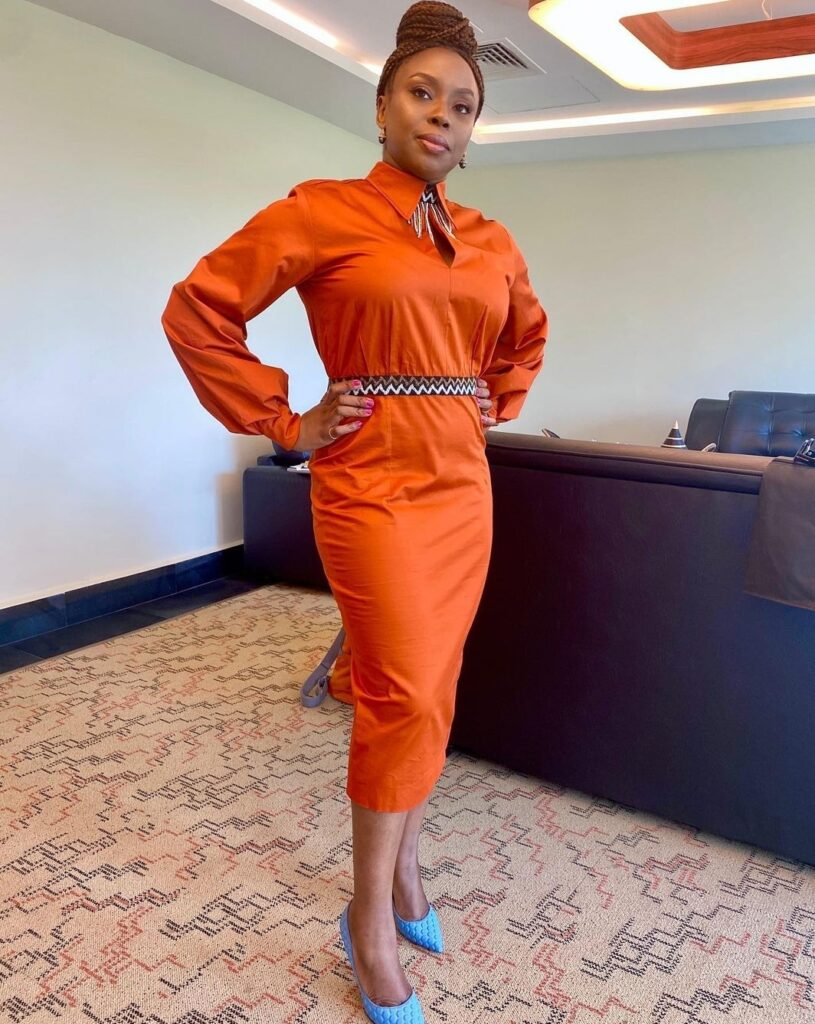
While pursuing her studies at Eastern University, Adichie began writing her debut novel, Purple Hibiscus (originally titled The Purple Flower). Published in October 2003, the book tells the poignant story of Kambili, a 15-year-old girl struggling to cope with her father’s abuse and the subsequent family dynamics. Through her protagonist’s journey, Adichie masterfully explores the complexities of domestic violence and the power of love and respect
Adichie’s writing career continued to flourish during her tenure as a Hodder Fellow at Princeton University. It was during this period that she penned her second novel, “Half of a Yellow Sun,” published in 2006. Set against the backdrop of the Nigerian Civil War (1967-1970), also known as the Biafra War, the book follows the lives of three young individuals as they navigate the challenges of war and defend their beliefs. Through their stories, Adichie masterfully explores themes of political instability, religious fanaticism, and the human experience.
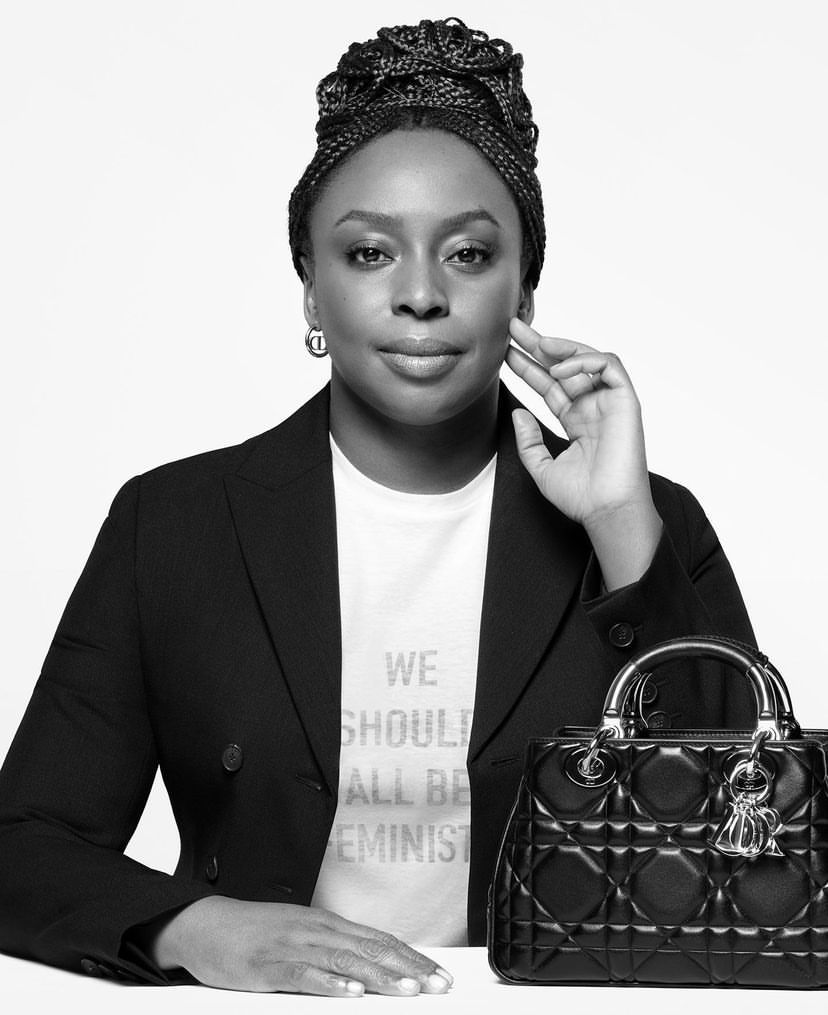
In 2008, Adichie earned her master’s degree in African Studies from Yale University. Shortly thereafter, she published “The Thing around Your Neck,” a collection of short stories that delve into the lives of Nigerians living in the United States. This compilation offers a poignant exploration of the immigrant experience, identity, and the complexities of cultural heritage.
She received a scholarship to the Radcliffe Institute for Advanced Study at Harvard University (2011-2012). During this time, she wrote her third novel, Americanah (2013), exploring themes of identity, racism, and cultural heritage. She also delivered the “We Should All Be Feminists” TEDx Talk (2012), later published as a book (2014), emphasizing the importance of feminism and challenging dominant narratives.
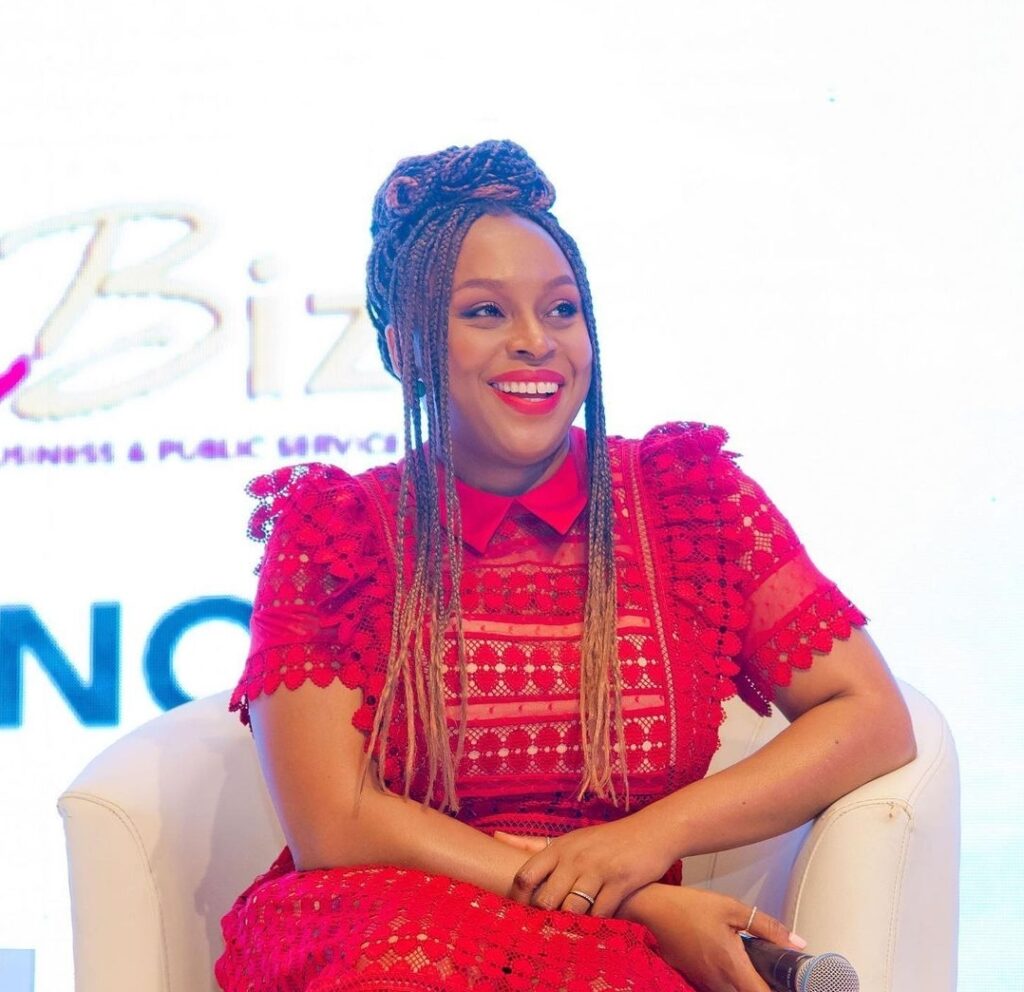
In her TED lecture “The Danger of a Single Story” (2014), Adichie advocated for diverse perspectives and stories to break down stereotypes and promote a more inclusive understanding of the world. Her book Dear Ijeawele (2017) offers guidance on raising feminist children, promoting gender equality and respect. Through her work, Adichie continues to champion inclusivity, diversity, and social justice.
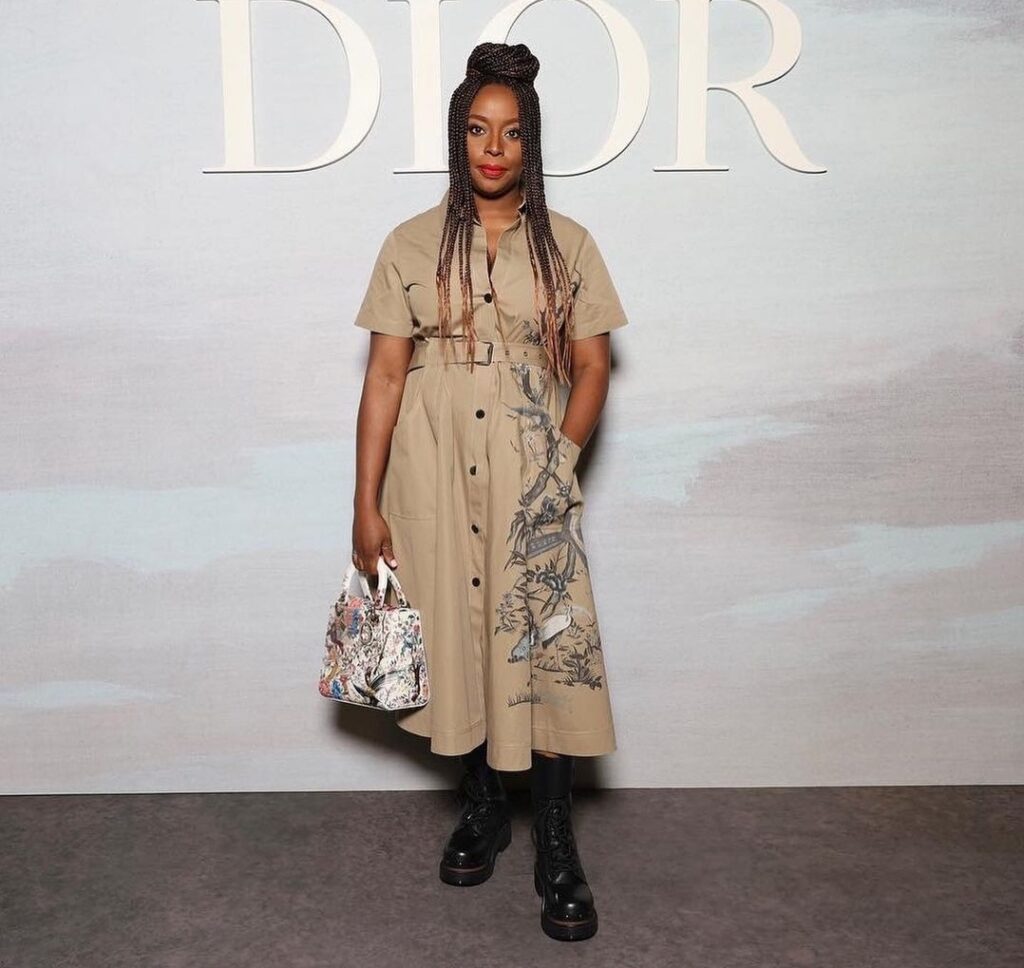
Chimamanda Ngozi Adichie’s Awards and Honors:
- Women’s Prize for Fiction (2007) for Half of a Yellow Sun
- MacArthur Fellowship (2008) for Fiction
- National Book Critics Circle Award for Fiction (2014) for Americanah
- PEN Open Book Award (2007) for Half of a Yellow Sun
- Anisfield-Wolf Book Award for Fiction (2007 and 2018) for Half of a Yellow Sun
Chimamanda Ngozi Adichie lives with her Nigerian-American husband and their child in the Baltimore suburbs, balancing family life with her writing career.


